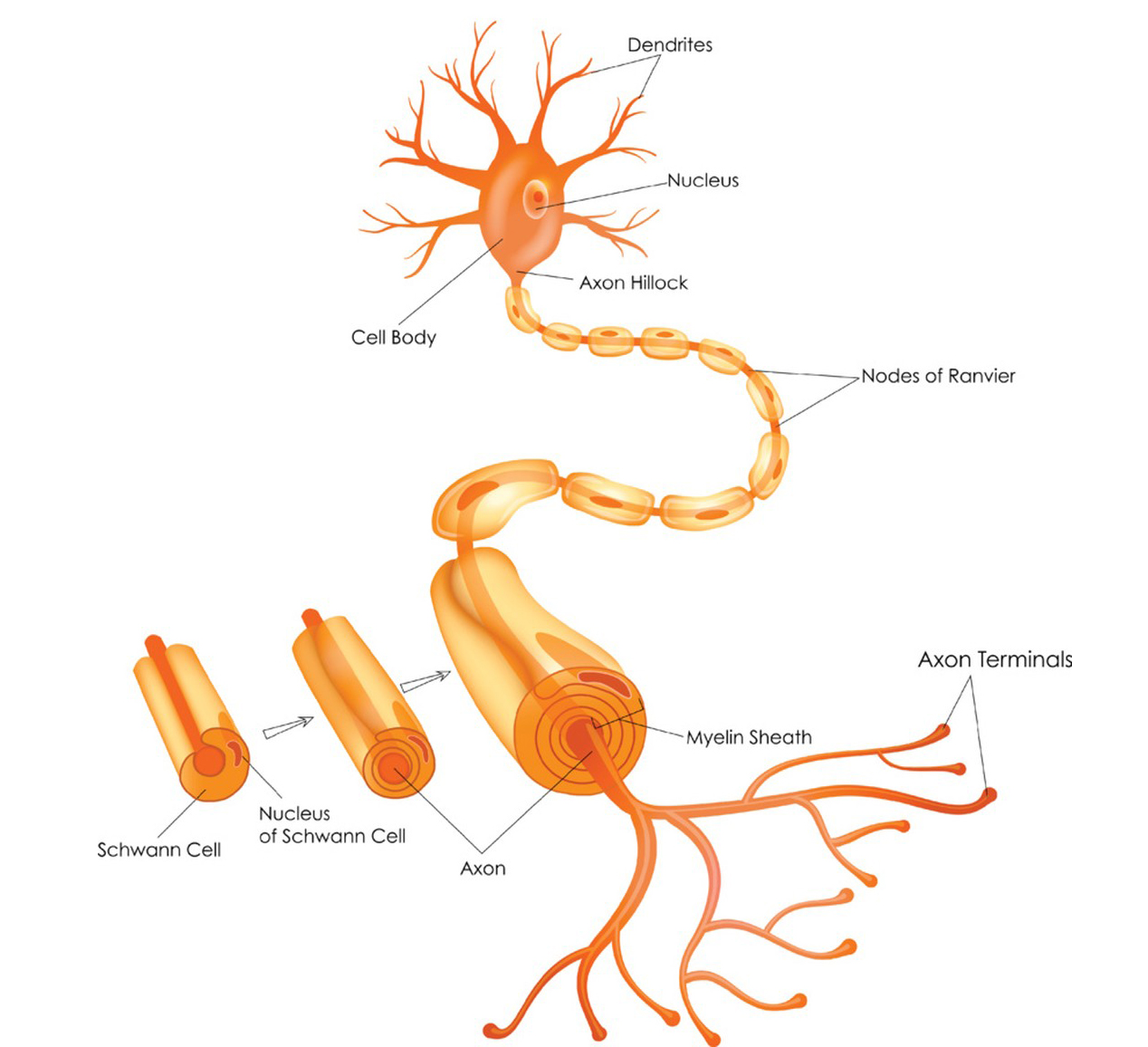As of my last knowledge update in January 2022, fenbendazole is primarily known as an anthelmintic medication used to treat various parasitic infections in animals. It is commonly used in veterinary medicine for the treatment of gastrointestinal parasites in dogs, cats, livestock, and other animals.
However, there have been discussions and some studies exploring the potential use of fenbendazole in human medicine, particularly in the context of cancer treatment. It is important to note that any use of fenbendazole in humans beyond its approved veterinary applications is considered off-label use, and the safety and efficacy of such usage are not well-established.
Comprehensive Research of Fenbendazole
Here are some key points regarding fenbendazole:
1.Mechanism of Action:
Fenbendazole belongs to the class of drugs known as benzimidazoles, which work by interfering with the metabolic pathways of parasites, disrupting their ability to maintain cellular integrity.
The proposed mechanism for its potential anti-cancer effects is believed to involve inhibition of microtubule formation in cancer cells, leading to cell cycle arrest and apoptosis.

2.Research on Fenbendazole and Cancer:
A notable study that gained attention was conducted by Dr. Joe Tippens, a cancer patient who self-administered fenbendazole along with other supplements after being diagnosed with late-stage small cell lung cancer. He claimed significant improvements, but it’s important to note that individual cases do not constitute scientific evidence.
There is limited peer-reviewed research on the efficacy and safety of fenbendazole in cancer treatment, and more rigorous studies are needed to draw conclusive evidence.
3.Safety and Side Effects:
Fenbendazole is generally considered safe for use in animals when administered at the recommended doses. However, its safety profile in humans, especially when used for conditions other than parasitic infections, is not well-established.
Side effects reported in veterinary use include gastrointestinal upset, lethargy, and in rare cases, allergic reactions.
4.Regulatory Status:
Fenbendazole is approved for veterinary use but is not approved for human use in many countries.
The regulatory status of fenbendazole for human use may vary by jurisdiction, and individuals considering its use should consult with a healthcare professional.

5.Research Limitations:
It’s important to approach anecdotal reports and non-peer-reviewed findings with caution.
The scientific community emphasizes the need for well-designed clinical trials to assess the safety and efficacy of fenbendazole in humans.
Given that my information is based on knowledge available up to January 2022, I recommend checking for the latest research and developments regarding fenbendazole and its potential applications in human health. Always consult with a healthcare professional before considering any off-label use of medications.
